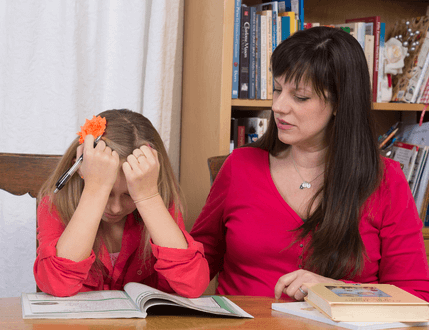


Different strategies can help with listening and better the growth of the auditory pathway as well. Many children with APD are able to develop better listening skills as their auditory system matures. So, it is best to consult an audiologist, who will be able to diagnose the condition accurately.

However, the symptoms of APD frequently overlap with other disorders such as ADHD and other learning disorders. ♺re verbal math problems difficult for the child? ♺re conversations difficult for the child to follow? ♽oes the listening performance and behavior of the child improve in quieter settings? ♺re there overwhelming noisy environments when the child is trying to listen? ♽oes the child experience difficulties with phonics or spelling? ♽oes the child experience difficulties following verbal directions, whether complicated or simple? ♽oes the child frequently mishear words and sounds? If parents think their child may have difficulty in processing sounds, they may try to find out the following. Symptoms of APD can appear in many different forms. These kids can experience trouble comprehending what someone else is saying to them when they are in a noisier place such as a classroom, school cafeteria, playground, etc. Their problems generally occur in a poor listening environment, like in a reverberant room or when there is background noise. Children with APD usually do not have problems in hearing sounds when they are delivered in a sound-treated room and one at a time. If it’s not diagnosed and managed early, a child might be having learning problems at school. As a result of this disorder, these children cannot readily differentiate between words that sound similar to the ear.Įarly diagnosis of this condition is important. A child with this disorder is unable to fully process and/or understand what someone else is saying.


 0 kommentar(er)
0 kommentar(er)
